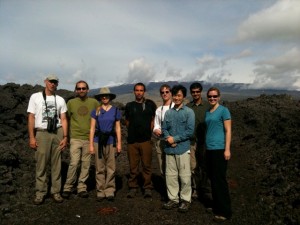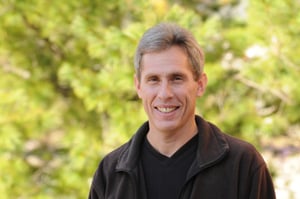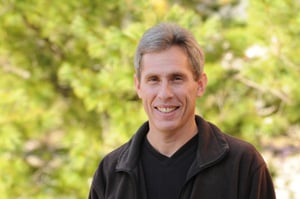 Lacey Mason was a fall visitor to the School while on vacation in the UP. She and her husband James have a one-year-old daughter, Caroline Lucille Mason.
Lacey Mason was a fall visitor to the School while on vacation in the UP. She and her husband James have a one-year-old daughter, Caroline Lucille Mason.
Lacey graduated with an MS in Forestry and now works as a computer research specialist for the University of Michigan’s Institute of Fisheries Research in Ann Arbor.





